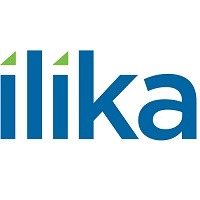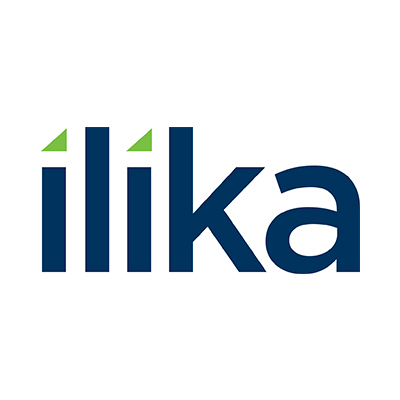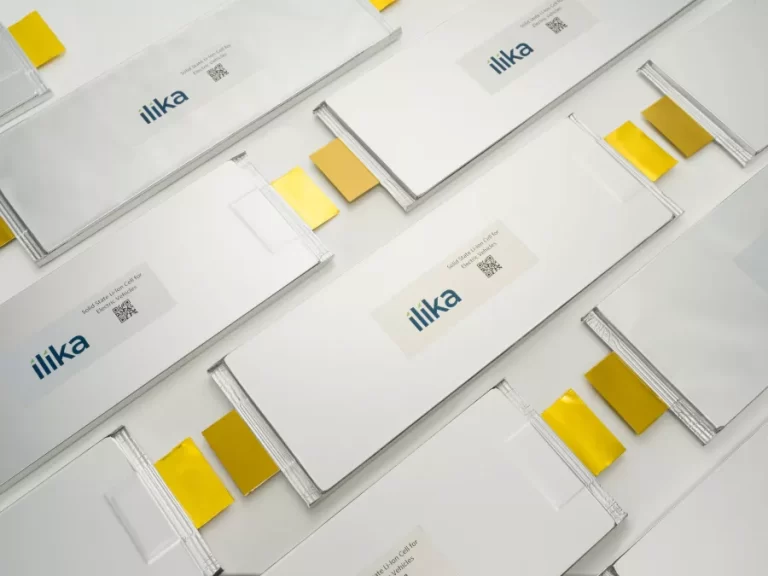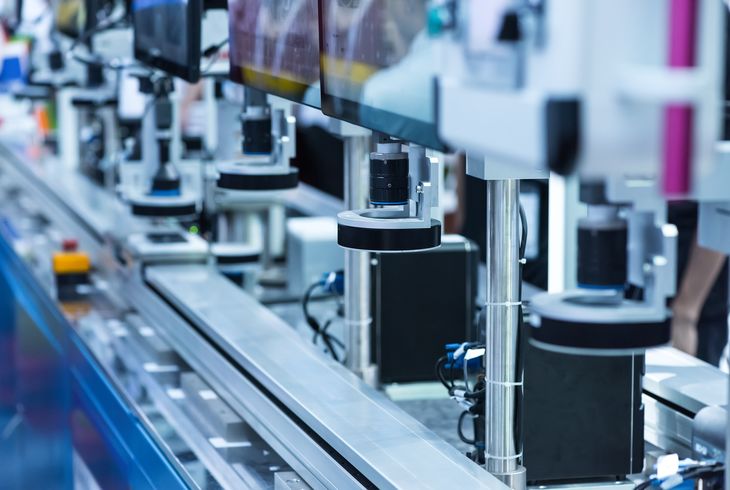Ilika plc (LON: IKA), a pioneer in solid-state battery technology, announced today that it has increased the energy density of its thin film batteries by 10-fold since the launch of its first product, the Stereax® M250, by improvements made in Ilika’s processing methods. This makes Stereax® the most competitive, energy dense technology for miniature solid-state batteries used in IoT (Industrial sensors, Automotive, Smart Homes and Cities) and MedTech.
The launch, on 10th April 2019, of the Company’s Stereax® M50 mm-scale solid-state batteries for MedTech was a defining step for Ilika’s first product made using photolithography. This marked a move away from the use of contact masks, which were deployed to produce earlier Stereax® products. Photolithography is a widely used microfabrication method in the semiconductor industry. It has the advantage over contact masks of being able to optimise the amount of battery active materials over the footprint and volume of the batteries and minimise the proportion of inactive materials such as contact pads. A second technical milestone has been the deployment of wafer thinning, another widely used technique in the semiconductor industry. With a current wafer thickness of 100 microns, this back-end processing technique now yields thin solid-state batteries with a minimal amount of inactive yet mechanically-neccesary wafer material, with the effect of increasing the energy density of the battery. Finally, Ilika has succesfully doubled the amount of cathode material per footprint, in other words the electrical charge reservoir, without de-rating the other battery specifications significantly.
All three technological milestones have led to a 10-fold increase in the amount of energy capable of being stored in the minimal volume of the Stereax® batteries. This progress is key to the commercialisation of solid-state batteries in MedTech and IoT markets where latest trends require, at the same time, less volume (to enable increasingly smaller devices) but also more energy (to yield more functionality, longer range communication protocols such as LoRaWAN and NB-IoT, shorter recharging time and longer life).
In the next three years, Ilika is planning to deploy other technologies from the semicondutor industry, such as wafer stacking and thinner wafer materials by targeting a further five-fold increase, designed to yield higher energy density values, competing favourably against coin cells or cylindrical batteries.
Graeme Purdy, CEO of Ilika plc, said:
“The continuous development of Ilika’s solid-state battery technology and the deployment of state-of-the-art techniques used in the semiconductor industry will enable a larger range of MedTech and IoT applications to be powered by solid-state batteries.”









































